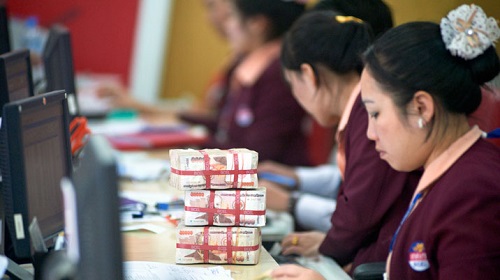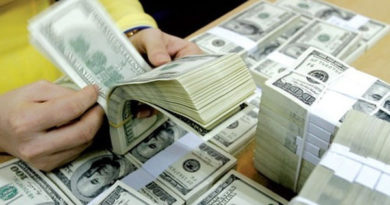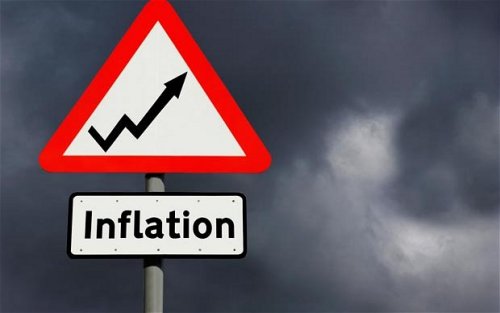Central Bank To Focus On Currency Management Amid Challenges
Source: Vientiane Times
Laos’ central bank will tackle challenges to ensure the stability of the kip and prevent it weakening further against the Thai baht, and ensure the rate of inflation stays below 5 percent.
Responding to questions about currency management from National Assembly members on Wednesday, the Governor of the Bank of the Lao PDR, Mr Sonexay Sithphaxay, said Laos will continue to face challenges in foreign currency management because it is a net importer.
“Laos is heavily dependent on imported products, with about 80 to 90 percent of goods coming from other countries, mainly Thailand. When the Thai baht strengthens in value, we are always at risk of a trade deficit when it comes to payments,” he said.
From 2008 to 2018, Laos had a trade deficit of at least US$854 million a year, with the value of imports being about US$3,700 million a year. This resulted in the need for bank loans and some contributions were made by depositors, the governor reported.
“Since the beginning of 2019, the fluctuating value of the Thai baht and the US dollar has posed challenges for Laos because we import goods worth US$490 million every month, of which goods worth US$312 million come from Thailand,” Mr Sonexay said, adding that a huge amount of foreign currency was needed to pay for these imports.
In the past two years, Laos has suffered flooding as well as prolonged dry spells, which has caused significant damage to property, farmland and infrastructure.
This year, outbreaks of African swine flu and other diseases posed additional challenges for the government and the central bank, and there was an increased need for food security.
At the same time, the price of fuel continued to fluctuate and the weakening of the kip against the Thai baht and the US dollar resulted in higher inflation.
“At the start of this year, the inflation rate was 1.5 percent but had risen to 5.3 percent in October. Over this 10 month period, the average inflation rate was 2.7 percent. We expect it to be about 3 percent on average over the whole of this year,” Mr Sonexay said.
He reaffirmed that the central bank would continue to implement its existing policy on currency management and would stabilise the interest rates imposed by commercial banks.
The ongoing National Assembly session is scheduled to end on December 6.




